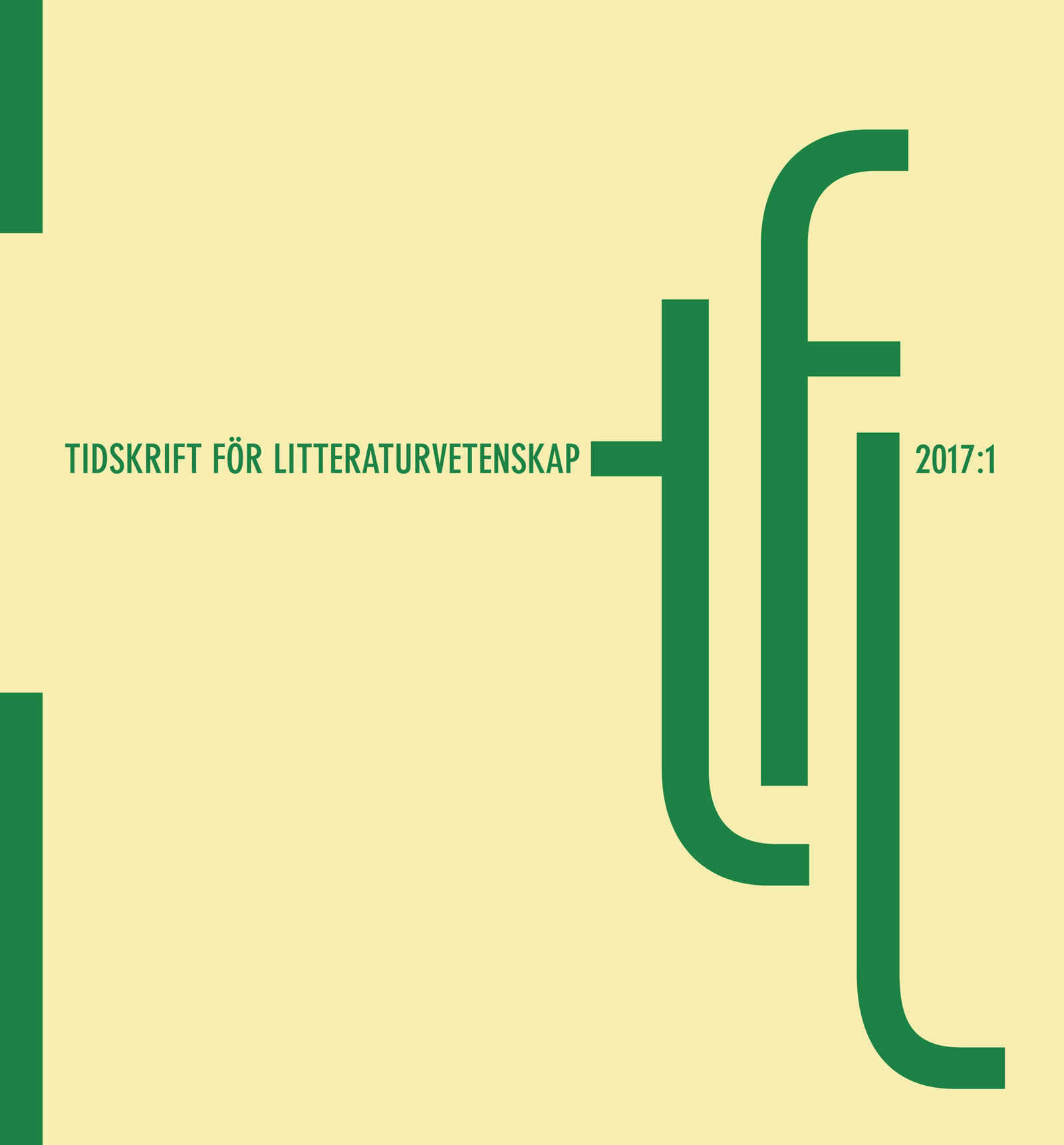Persefone, missbrukare eller missbrukad?
DOI:
https://doi.org/10.54797/tfl.v47i1.8440Nyckelord:
Persephone, Demeter, Hades, opium, rapeAbstract
Persephone, Abuser or Abused
This article addresses the mystifying reinterpretations of sexual violence that we often encounter in the Nachleben of ancient mythology. In the Homeric Hymn to Demeter, Hades’ abduction of his niece Persephone is described with language reminiscent of sex slavery in the Iliad. The maiden continued to be represented as a victim of male and divine violence in Ancient and Early Modern retellings of the myth, but in Romantic and Decadent portrayals her innocence faded. The poppy, which is associated with Demeter in Ovid’s Fasti, now came to dominate representations of her. In Algernon Charles Swinburne’s ”The Garden of Proserpine” (1866) and other creative receptions from this period, she is depicted as a queen of opium and a femme fatale. This process transformed the rape of Persephone. The aggression of Hades and Zeus is blurred as Persephone becomes not abused but an abuser, both victim and perpetrator. The change can be related to actual drug use among women of this period. The neutralization of Hades continued and increased during the twentieth century, as the blame was even shifted to Demeter. In psychoanalysis as well as in contemporary poetry, music and novels, Persephone prefers following Hades to the underworld over staying under the protection of her smothering mother. The article connects this retelling of the ancient myth to another modern myth: a daughter must allegedly break the bonds with her mother in order to become an independent individual. Empirical studies on daughter-mother relationships, however, suggest that this view is mistaken. It is more common that young women feel that a good relationship to their mothers improves their chances of achieving independence.
Nedladdningar
Downloads
Publicerad
Referera så här
Nummer
Sektion
Licens
Författaren/författarna behåller copyright till verket






